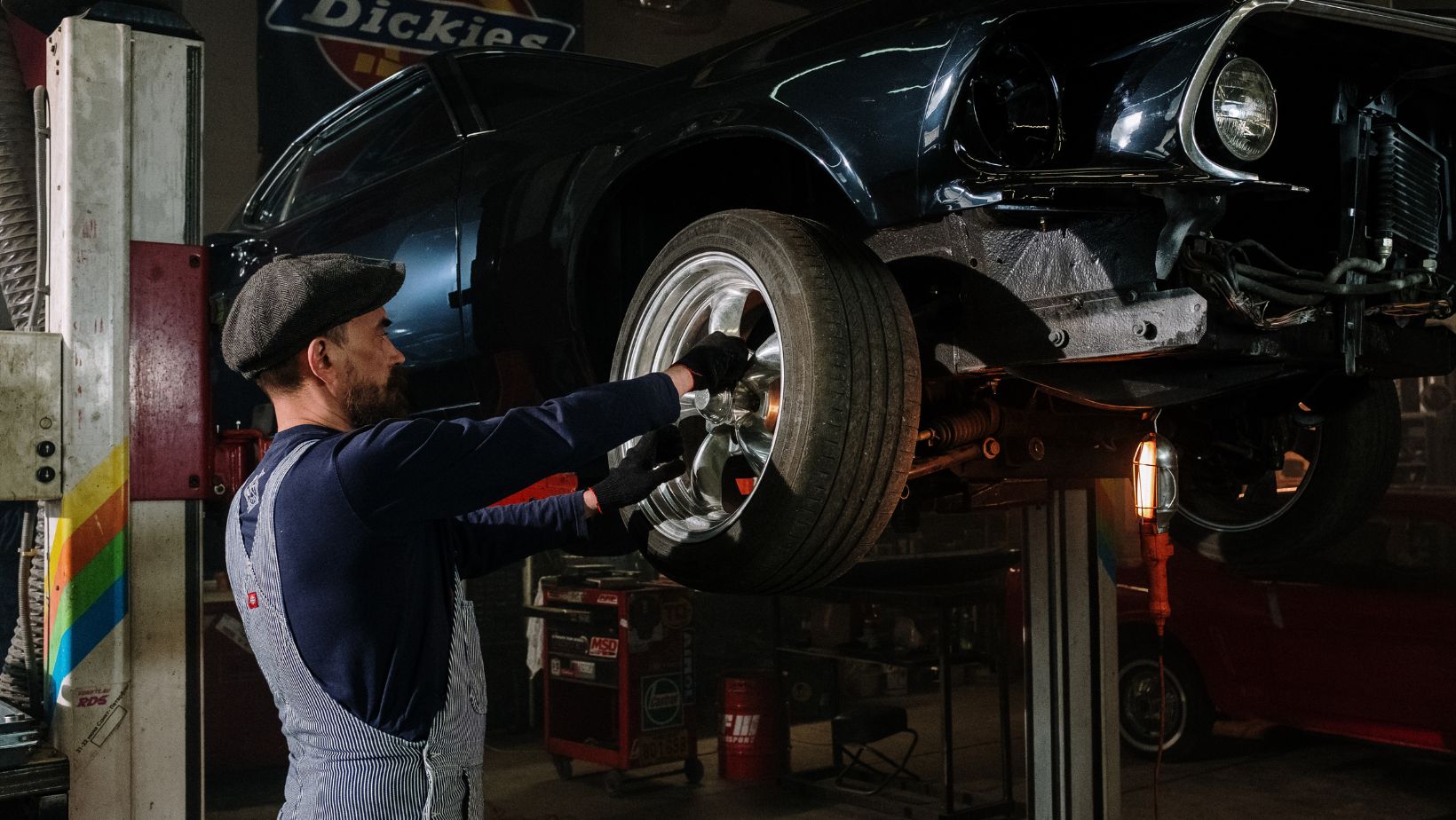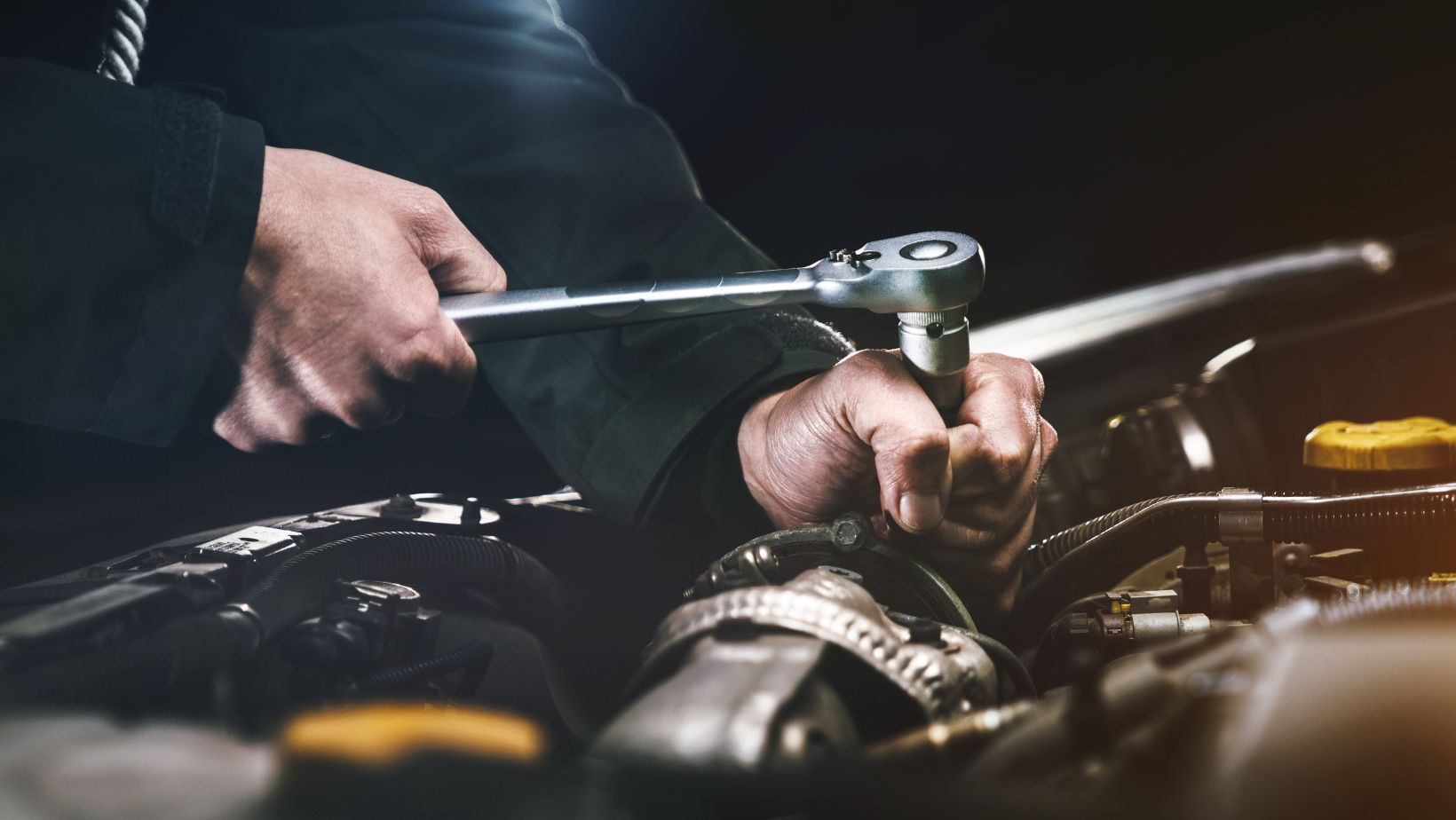 Car Water Leak Repair Cost
Car Water Leak Repair Cost
Car water leaks can be a frustrating and costly problem for vehicle owners. Not only can they lead to interior damage, but they can also affect the electrical components of the car, leading to potential malfunctions. When faced with a water leak in your car, it’s important to address it promptly and seek professional help if needed.
The cost of repairing a car water leak can vary depending on several factors such as the extent of the damage, the location of the leak, and the make and model of your vehicle. In some cases, a simple fix like replacing a worn-out seal or gasket may solve the issue at a relatively low cost. However, if the leak is more severe or requires extensive repairs such as replacing damaged wiring or sealing off major areas, the cost can increase significantly.
To determine an accurate estimate for car water leak repair costs, it’s best to consult with a trusted mechanic or automotive specialist who can assess the situation and provide you with an estimate based on your specific circumstances. Keep in mind that prevention is always better than cure when it comes to car maintenance. Regularly inspecting your vehicle for any signs of leaks and addressing them early on can help save you from expensive repairs down the line.
In conclusion, dealing with a car water leak is not only inconvenient but also adds financial burden to vehicle owners. The repair costs depend on various factors including severity and complexity. Seeking professional assistance is crucial to accurately diagnose and fix any water leakage issues in order to prevent further damages.

Common Causes of Car Water Leaks
One frustrating problem that many car owners encounter is a water leak in their vehicle. Not only can this lead to interior damage, but it can also result in electrical issues and unpleasant odors. Understanding the common causes of car water leaks is essential for addressing the issue promptly and effectively.
- Damaged or Aging Weatherstripping: The weatherstripping around your car’s windows and doors plays a crucial role in preventing water from entering the interior. Over time, these rubber seals can become worn out or damaged, allowing water to seep through gaps. Inspecting and replacing any compromised weatherstripping can help resolve this issue.
- Clogged Drainage Tubes: Many cars have drainage tubes designed to channel away excess water from various parts of the vehicle, such as sunroofs and air conditioning systems. When these tubes get clogged with debris like leaves or dirt, water can accumulate inside your car instead of being properly drained away. Regularly cleaning out these drainage tubes is important for preventing leaks.
- Faulty Seals or Gaskets: Your car’s seals and gaskets serve as barriers against moisture intrusion in areas like the windshield, doors, trunk, and sunroof. If these seals become damaged or deteriorate over time, they may allow water to enter your vehicle’s interior. Identifying and replacing faulty seals or gaskets can help eliminate leaks.
- Cracked Windshield: A cracked windshield not only compromises visibility but also provides an entry point for rainwater during wet conditions. Repairing chips or cracks promptly by a professional will prevent further damage and potential leaks.
- Improperly Installed Accessories: Aftermarket accessories such as roof racks, antennas, or spoilers may require drilling holes into your vehicle’s bodywork during installation. If not done correctly or sealed properly afterward, these modifications could create pathways for water to infiltrate your car’s interior.
By familiarizing yourself with these common causes of car water leaks, you’ll be better equipped to identify and address the issue. Remember, if you’re unsure of the source or unable to fix the problem on your own, it’s always best to consult a professional mechanic who can diagnose and repair the leak efficiently.

 Car Water Leak Repair Cost
Car Water Leak Repair Cost




































